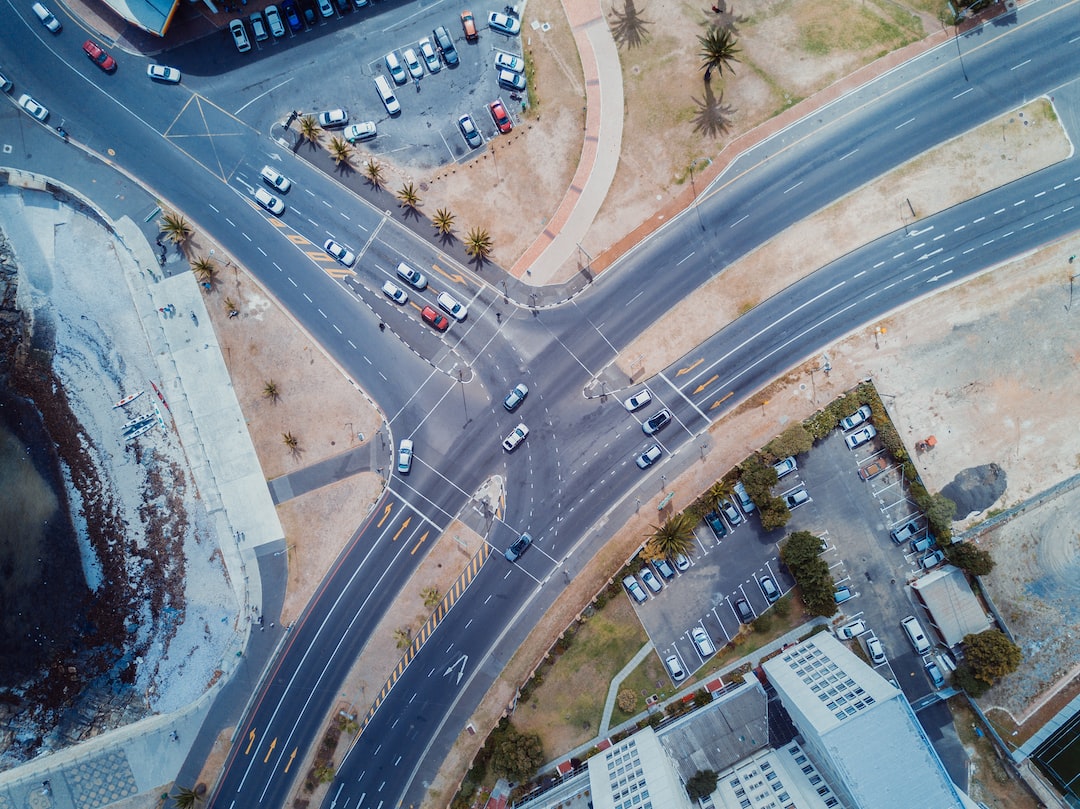Common Car Problems and How to Troubleshoot Them
Owning a car comes with a fair share of responsibilities, and one of them is troubleshooting common car problems. While it can be frustrating when your vehicle starts acting up, understanding the potential issues and knowing how to troubleshoot them can save you both time and money. In this blog post, we will discuss some common car problems and provide you with tips on how to troubleshoot them effectively.
1. Flat or Damaged Tires:
A flat or damaged tire can leave you stranded on the side of the road. To check for low tire pressure, use a pressure gauge and make sure it matches the recommended pressure level mentioned in your car manual. If the tire is punctured, you can use a tire repair kit temporarily until you can get it professionally repaired. In case of severe tire damage, consider replacing the tire entirely.
2. Dead Battery:
A dead battery can prevent your car from starting. To troubleshoot this problem, you can try jump-starting your vehicle using jumper cables and another car with a functional battery. If the jump-start works, it indicates a weak or drained battery. Replacing the battery may be necessary if it is old or cannot hold a charge.
3. Overheating Engine:
An overheating engine can be caused by various factors, such as a malfunctioning radiator, a failing water pump, or a broken thermostat. If your temperature gauge reads in the red zone, pull over immediately and let the engine cool down. Check for any visible leaks or coolant level irregularities. It is advisable to seek professional help if the issue persists.
4. Strange Noises:
Strange noises coming from your car can indicate underlying problems. Squeaking or screeching brakes may suggest worn-out brake pads. A grinding noise when shifting gears may indicate transmission issues. Rattling sounds may indicate loose parts. If you notice any unusual noises, it is best to consult a mechanic to diagnose the problem accurately.
5. Check Engine Light:
The check engine light can come on due to various reasons, ranging from minor issues like a loose gas cap to more serious concerns like a faulty oxygen sensor or catalytic converter. If the light is steady, it is safe to continue driving but have it inspected as soon as possible. If the light is flashing, it indicates a severe problem that requires immediate attention. In such cases, reduce your speed and get the vehicle to a mechanic as soon as possible.
6. Electrical System Issues:
Problems with the electrical system can manifest in various ways, such as malfunctioning lights, power window failure, or issues with the radio. Start troubleshooting by checking the fuses related to the affected circuits. A blown fuse can often be replaced easily. If the issue persists, a mechanic should be consulted to diagnose and fix the underlying electrical problem.
Being aware of these common car problems and knowing how to troubleshoot them can save you stress, time, and money. However, it is important to note that not all problems can be easily fixed by non-experts, and seeking professional help is sometimes necessary. Regular maintenance and addressing issues promptly will help keep your car in good condition and prolong its lifespan.
